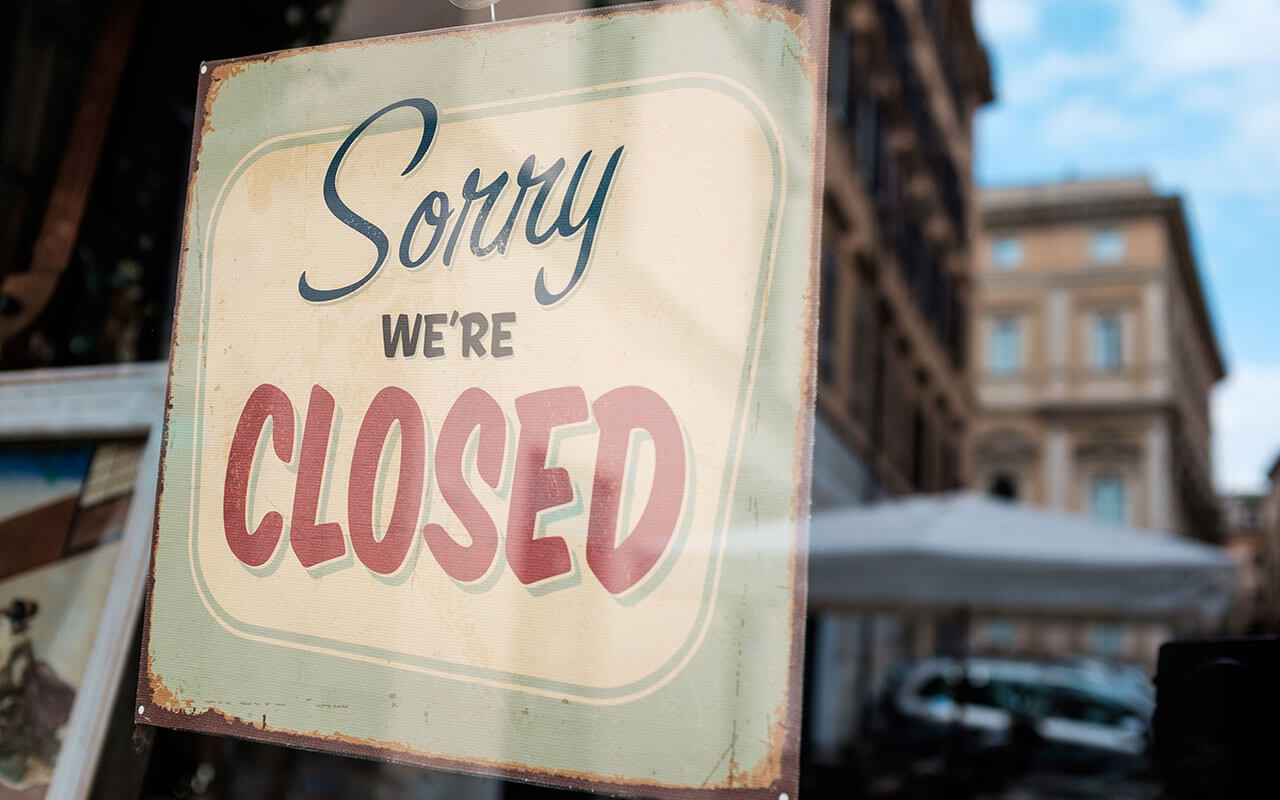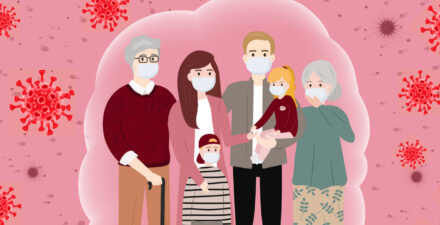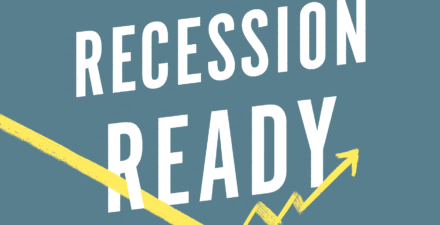To prevent a long-term recession, make the U.S. government the payor of last resort now

The United States is facing an unprecedented economic crisis. With a public health-driven, government-ordered shutdown of vast sectors of the economy to slow the spread of the coronavirus, we’ve never seen the U.S. economy crater so quickly.
Quick government action is needed to stanch the flow of mass layoffs and prevent the mass liquidation of businesses. The death of a business has serious long-term costs. The links between entrepreneurs, workers, and customers are destroyed and often need to be rebuilt from scratch. Laid-off workers lose employment benefits, including employer-provided health insurance.
This is a moment, if ever there was one, for economists to provide guidance to policymakers about how to deal with the situation from an economic perspective. That is why the two of us gathered some 100 economists and other policy experts by video conference on March 24 to answer these questions:
- How do we help people who are losing their livelihoods?
- How do we help businesses survive the crisis?
- How, in particular, do we set in place policies to ensure that the downturn does not cause severe damage to the U.S. economy far beyond the actual shutdown?
Numerous ideas were put on the virtual table. Congress has now passed three measures, some elements of which were very much influenced by members of this group, though the approach the two of us advocate has not been adopted. But other countries have implemented similar measures. There is still time to consider our ideas in the United States.
The informal name for what we described to the group is “U.S. government as payor of last resort.” The message it sends to businesses—the message that should be coming from every head of state—is this: Do not lay off your workers or liquidate your business. Government will pay your idle workers and your necessary maintenance costs while you are shut down. Government money is coming soon.
The most direct way to keep businesses alive through this crisis is to have the government act as the payor of last resort. In other words, have the government pay wages and essential business maintenance costs. This would allow locked-down businesses to have their workers continue to be paid instead of being laid off and businesses to keep paying their necessary bills instead of going bankrupt.
There are two parts to this program. For wages, idle workers should immediately start receiving benefits we would call “Employment Insurance benefits.” These workers would still be formally employed, but they would no longer be a cost to their employers, and, importantly, no rehiring process would be needed when they can go back to work. In addition, self-employed individuals such as gig workers could report themselves as idle and be eligible for payments. The program would be run through the nation’s Unemployment Insurance system.
The second part of the program would be payments to locked-down businesses. These companies would report the costs necessary to maintain their business and receive payments for those costs from the government. Necessary costs are rents, utility payments, interest on debt, health insurance for idle workers, and other costs that are vital for the maintenance of the business.
The amounts do not need to be exact. Verification of costs and any needed corrections could take place once the lockdown is over. The advantage of this policy is that businesses could hibernate without bleeding cash and hence without risking bankruptcy.
We can figure out the approximate cost of this program by projecting anticipated loss of Gross Domestic Product. With a nationwide lockdown, about 30 percent of U.S. aggregate demand could evaporate over the next three months, leading to a 7.5 percent drop in annual GDP.
We estimate the cost of the program to be half of this drop, or 3.75 percent of GDP, a lower cost than we might have feared. We estimate that Employment Insurance benefits would replace about 60 percent of wages, while essential business costs are probably less than half of normal operating costs. That averages to approximately half of GDP. This payor-of-last-resort program should be very limited in duration—three months for instance—so the costs remain manageable and long-term business decisions are not affected.
Over the past few weeks, other countries have announced similar programs, particularly Denmark, the United Kingdom, and the Netherlands. Alas, the legislation adopted by the U.S. Congress this week does not go far enough and is not well-targeted to ailing sectors. Business loans help businesses but don’t compensate them for their losses. Direct payments to individuals help alleviate temporary economic hardship but are not well-targeted to those who lose their jobs and are not needed by those who don’t lose their jobs. Unemployment Insurance and paid sick leave policies come closest to helping laid-off workers and those unable to work, but they don’t prevent layoffs and they don’t help businesses.
The program we propose would not, of course, fully offset the economic costs of the coronavirus recession. No matter what governments do, there will be economic losses. But these measures would maintain the cash flow for families and businesses so that the shutdown has no secondary impacts on aggregate demand. This would lay the groundwork for a quick rebound once the epidemic is controlled. That should be our long-term goal.







